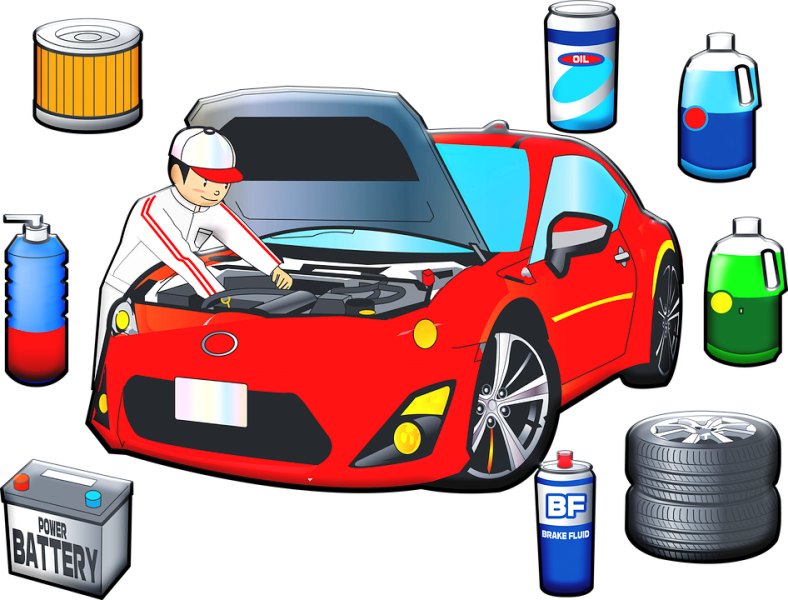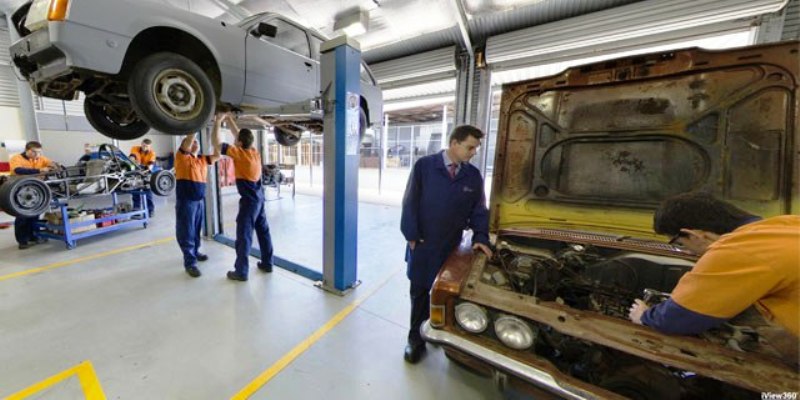In today’s combustion engines, whether gasoline or diesel, carbonaceous residues called “calamine” accumulate and cause fouling that impairs their proper functioning. This phenomenon is caused by the multiplication of short trips (in town, for example), low engine speeds, eco-driving, and fuel quality. Before going into detail about the descaling process, it is necessary to define what scale is and explain where and why it occurs. In this article, we also talk about the remedies for scale.
Scale and its causes
Scale is caused by the accumulation of unburned hydrocarbons (diesel, oil) deposited on the engine walls. With the surrounding heat, they crystallize to form carbon deposits. It appears in the following conditions:
– Inadequate combustion
Rich carburation (too much fuel with the air) can produce carbon deposits. In this case, it can be found in the combustion chamber, in the turbocharger and the exhaust;
– The presence of oil in the combustion
It can be expected in the 2-stroke engine (fuel-oil mixture) or unwanted in the 4-stroke engine (valve stem seals, segmentation). Here too, it will form in the combustion chamber, the turbocharger and the exhaust;
– The exhaust gas recirculation system (EGR valve)
All serious engine manufacturers hate this system; it diverts exhaust gases into the combustion chamber to eliminate NOx (nitrogen oxides), which seriously clogs the entire intake system.
Good to know: excess carbon deposits can cause engine malfunctions (loss of power, smoke, deterioration of valves and the intake chamber).
Descaling: the remedies for carbon deposits
They can be broken down into 2 actions:
-
Removal of the cause;
-
Elimination of the scale.
Treatment of the cause of the scale
The best solution, when possible, is to act on the elements at the origin of the scale to prevent it from reforming:
– Rich carburetion
A professional mechanic will modify the settings or diagnose the defective components (air filter, sensors…) to bring the air-fuel ratio back to an ideal level;
– 2-stroke engine (fouling of the exhaust pipe)
In this case, the dosage and also the quality of the oil in the gasoline must be checked and modified if necessary;
– EGR valve
Unfortunately, the EGR valve is an element that participates in engine management. In a normal operation, clogging will inevitably occur in the more or less long term, and the remedy to the malfunctions noted would be a change of the EGR valve, valve control, etc.).
Removing carbon deposits

Here again, there are several solutions:
– Manual cleaning of the system
It involves dismantling the affected components, which can be costly, requiring the removal and installation of engine components or the dismantling of the cylinder head. A radical solution, to be used only if the engine has suffered damage;
– Chemical cleaning
There are a lot of miracle products that guarantee a newer engine interior. For example:
- Decalcifiers in bottles;
- Treatment by injection into the intake system.
◦ Decalcifiers in bottles: it is a matter of sorting out the products offered, the risk being, for the less effective ones, to detach blocks of calamine that can damage valves, piston heads, combustion chambers and connecting rods (for diesel engines in particular). The treatment consists in pouring the product into the fuel tank, and it is undoubtedly not the most effective remedy! These products exist at an average price of $50.
◦ The treatment by injection into the intake system: the product is blown directly into the air duct by a station, the engine idling. This operation lasts from 30 to 45 minutes. It is a product that will chemically destroy the scale, or better yet, hydrogen that will remove it by pyrolysis (decomposition by heat). Its disadvantage: the cost of the treatment is about $100, but only a workshop will be able to apply this treatment which requires professional equipment.
Note: all these treatments should be followed by a long-distance journey at a high engine speed (2,500 to 3,000 rpm) to remove all the residues.
Hope this post has helped you get an idea of whether you should go for an engine descaling. Should you be looking for a professional workshop, FIX IT TRANSMISSIONS is one good address in Cheltenham. Remember to share your experience in the comments below.

